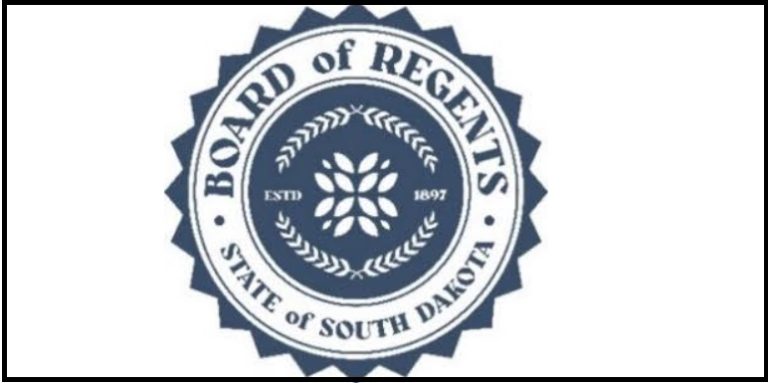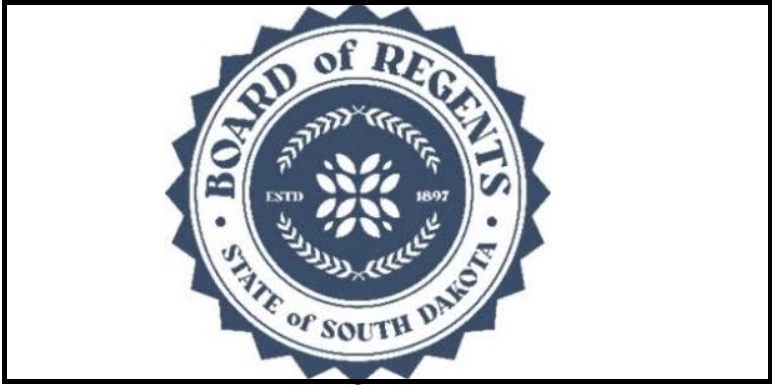PIERRE, S.D. – Some state lawmakers have called for a special session to discuss private property rights in the wake of an incident that took place between a private landowner and Summit Carbon Solutions.
In a press release issued by Rep. Jon Hansen, who is Chairman of the House Judiciary Committee, he says “today, state lawmakers from all across the state answered the call of South Dakota landowners, farmers, and ranchers and began circulating a petition for a special session to protect landowners’ private property rights from being seized without consent by private companies in the name of “eminent domain.”
Hansen says landowners and farmers from across South Dakota recently called for a special session at a highly-attended landowner rights rally at the State Capitol Rotunda in Pierre, SD.
He says the petition for a special session comes in response to carbon sequestration pipeline companies that are using the power of eminent domain to seize and use South Dakota farmland without landowner consent.
“It’s time. The clock is ticking for South Dakota landowners,” said Representative Karla Lems, co-sponsor of the special session petition. “The ‘governed’ do not consent to having their land molested by out of state, for-profit companies with foreign investors. May there be men and women of courage who are willing to call a special session. This affront on freedom must be stopped.”
The petition will need to be signed by at least 2/3rds of the members of the South Dakota House of Representatives and 2/3rds of the members of the South Dakota Senate in order to call a special session. If the petition is successful, the legislature will meet to consider legislation.
Meanwhile, Summit Carbon Solutions answered the call with information and reaction from their side.
Jesse Harris with Summit says an overwhelming number of landowners support the project and want to see it move forward. The company says currently, the company has partnered with nearly 2,500 landowners across the project footprint who have signed 4,115 voluntary easement agreements accounting for 71.5% of the proposed route.
He also says the company is proud to have investors such as John Deere, Continental Resources, Tiger Infrastructure Partners, ethanol plants across the Midwest, TPG Rise Climate and more. In an emailed statement, the company says “We believe their support along with the support thousands of landowners across the Midwest demonstrates clearly that our project will open new economic opportunities for ethanol producers, strengthen land values and commodity prices for farmers, and generate tens of millions of dollars annually for communities across South Dakota. Despite what some may have you believe, Summit Carbon Solutions has and will continue to meet or exceed all federal, state, and local regulatory requirements, including financial requirements. It is a significant misrepresentation and mischaracterization of the level of influence and control that a limited partner like Silk Road – or any limited partner- has with respect to TPG Rise Climate’s investments. No limited partner in the fund has control over investments the fund makes. It’s also important to note that TPGs investment in Summit is non-controlling.”
Harris added that there are characterizations of survey work that he doesn’t think match up with what is actually taking place.
“This work is an essential component of infrastructure projects and helps maximize safety to the public and local communities and minimize impacts to the environment and cultural resources. Similar to our work negotiating easement agreements, the overwhelming majority of survey work conducted over the past two years has involved the landowner voluntarily offering the company permission to access their land. In South Dakota, Summit Carbon Solutions has surveyed more than 1,000 tracts of land without incident.”
The company in their email says in the recent survey in Brown County, they were specifically looking at collecting data to HDD underneath the South Fork Moccasin Creek. The landowner’s attorney was made aware of the type of survey activities that were planned and agreed on the date and time the work would occur which was memorialized in an email to the judge.











